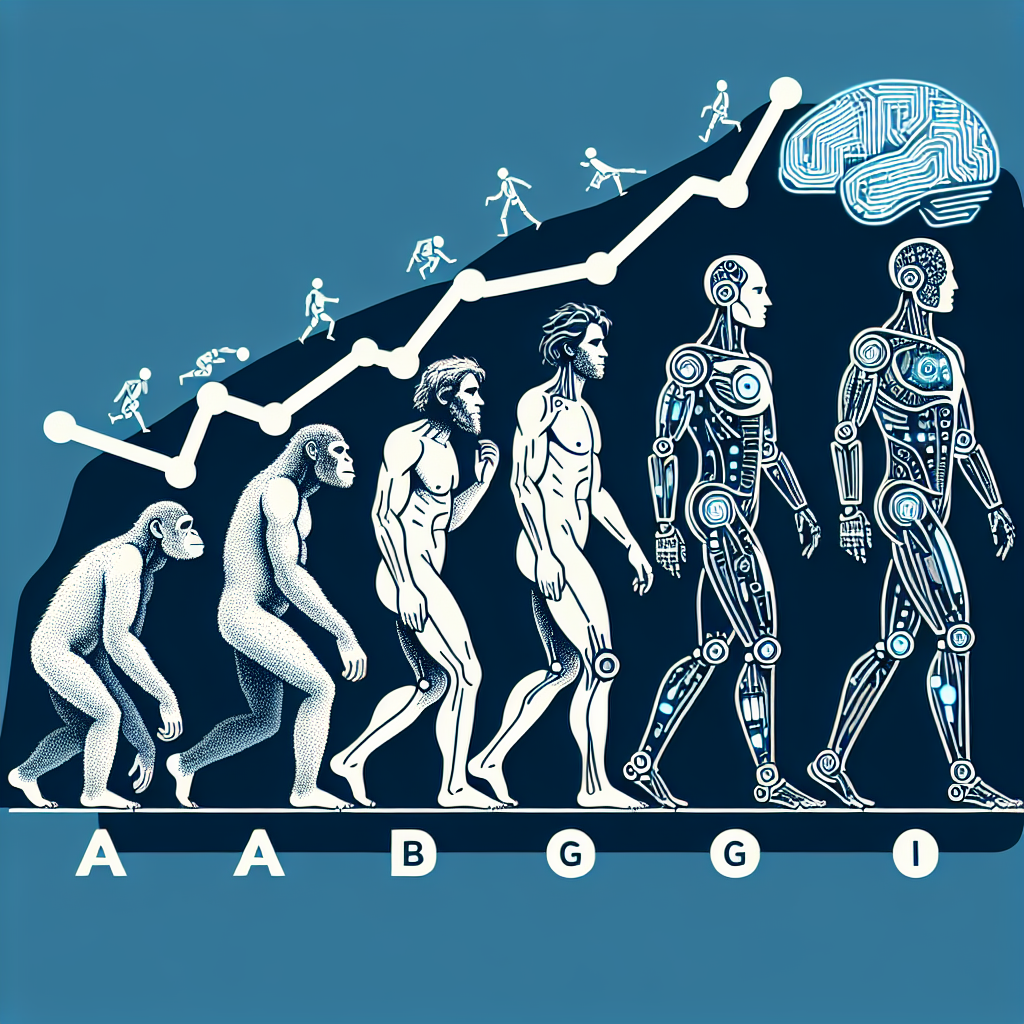Artificial General Intelligence (AGI) is a concept that has long fascinated scientists, researchers, and futurists. It represents the next frontier in artificial intelligence, a step beyond the narrow AI systems that are currently in use. AGI is the idea of a machine that can perform any intellectual task that a human can, and potentially surpass human intelligence in many areas.
The development of AGI has the potential to revolutionize virtually every aspect of human life. From medicine to transportation, from education to entertainment, AGI has the power to transform how we live, work, and interact with the world around us. In this article, we will explore the potential of AGI, the challenges that must be overcome to achieve it, and the implications of its development for humanity.
What is AGI?
AGI is a type of artificial intelligence that is capable of understanding and learning any intellectual task that a human can. While current AI systems are limited to specific tasks, such as image recognition or language translation, AGI would have the ability to perform a wide range of tasks with human-like intelligence.
The concept of AGI has been around for decades, but it has only recently become a serious area of research and development. Advances in machine learning, neural networks, and computational power have brought us closer to the possibility of creating AGI than ever before.
Why is AGI Important?
AGI has the potential to revolutionize virtually every aspect of human life. In medicine, AGI could help doctors diagnose diseases more accurately and develop personalized treatment plans for patients. In transportation, AGI could improve the safety and efficiency of self-driving cars and drones. In education, AGI could personalize learning experiences for students and help teachers identify areas where students need extra support.
The possibilities are endless, and the potential benefits of AGI are vast. However, with great power comes great responsibility. The development of AGI also raises ethical and societal concerns that must be addressed. These include issues such as job displacement, privacy, and the potential for misuse of AGI by malicious actors.
Challenges in Developing AGI
While the potential benefits of AGI are clear, there are significant challenges that must be overcome in order to achieve it. One of the biggest challenges is creating a machine that can learn and adapt to new tasks in the same way that humans do. Current AI systems are limited by the data they are trained on and the algorithms they are programmed with. AGI would need to be able to learn from experience, generalize from one task to another, and apply knowledge in new and unfamiliar situations.
Another challenge is ensuring the safety and reliability of AGI systems. As AGI becomes more powerful and autonomous, the potential for unintended consequences and catastrophic failures increases. Researchers and policymakers must work together to develop safeguards and regulations to prevent AGI from causing harm.
Implications of AGI for Humanity
The development of AGI has the potential to usher in a new era of human evolution. Just as the invention of the wheel and the printing press transformed human society, AGI has the power to reshape our world in ways we can only begin to imagine.
With AGI, we could unlock the secrets of the universe, cure diseases that have plagued humanity for centuries, and create a more just and equitable society. However, the development of AGI also raises profound questions about what it means to be human. If machines can surpass us in intelligence, what does that mean for our place in the world? How will we define ourselves in a world where our creations are smarter than we are?
FAQs
Q: Will AGI replace humans in the workforce?
A: While it is possible that AGI could automate many jobs currently performed by humans, it is also likely to create new opportunities for human workers in fields that require creativity, empathy, and complex problem-solving skills.
Q: How can we ensure the ethical use of AGI?
A: The development of AGI must be guided by ethical principles and regulations that prioritize the well-being of humanity. Researchers, policymakers, and industry leaders must work together to create guidelines for the safe and responsible use of AGI.
Q: When will AGI be achieved?
A: It is difficult to predict when AGI will be achieved, as it depends on a variety of factors, including technological advancements, funding, and research breakthroughs. Some experts believe that AGI could be achieved within the next few decades, while others are more cautious in their predictions.
Q: What are the risks of AGI?
A: The development of AGI poses risks such as job displacement, privacy concerns, and the potential for misuse by malicious actors. It is important for researchers and policymakers to anticipate and address these risks in order to ensure the safe and beneficial use of AGI.
In conclusion, AGI has the potential to unlock the next phase of human evolution and revolutionize virtually every aspect of human life. While the challenges of developing AGI are significant, the potential benefits are vast. By working together to address the ethical, safety, and societal implications of AGI, we can harness its power for the betterment of humanity.

